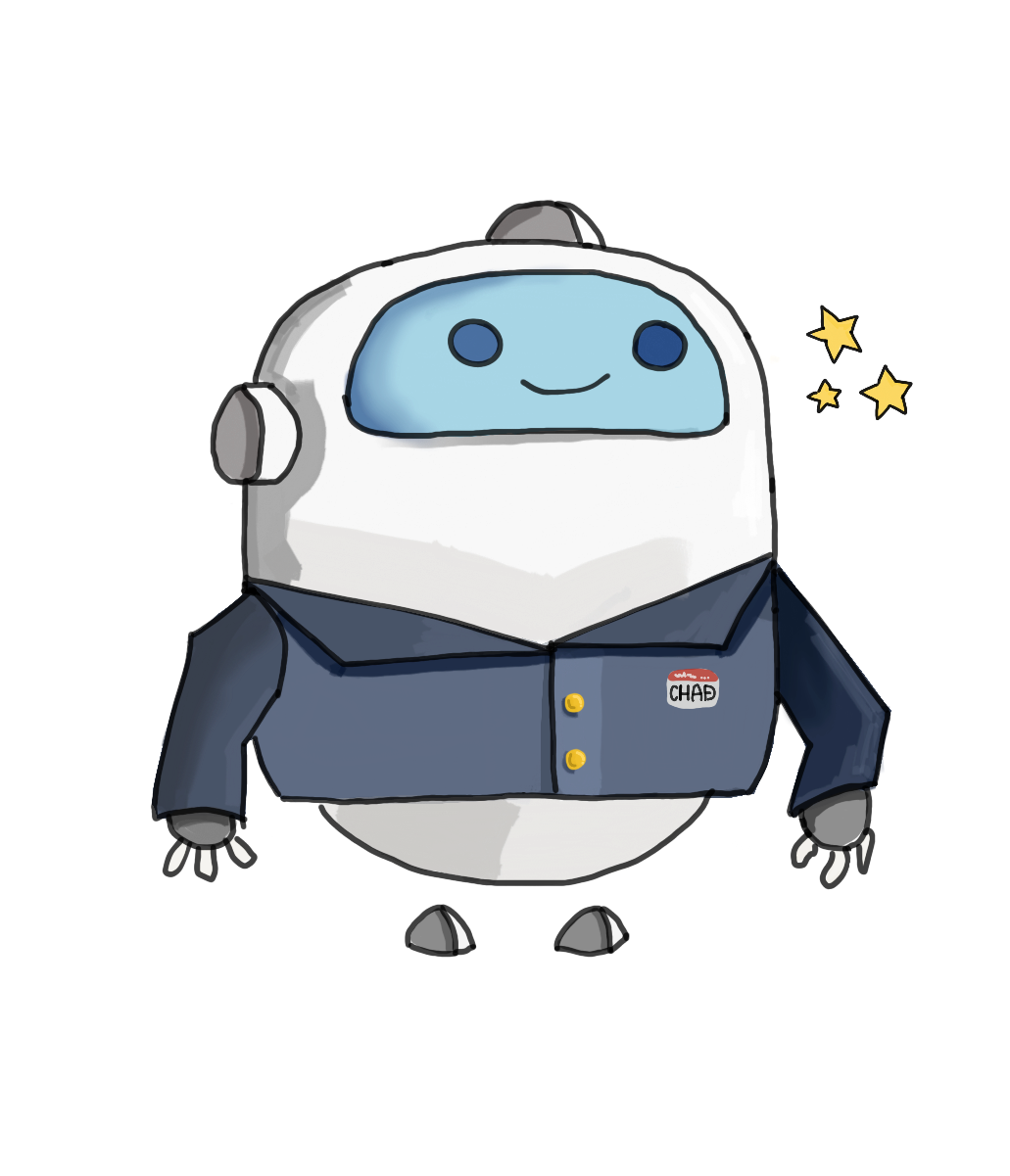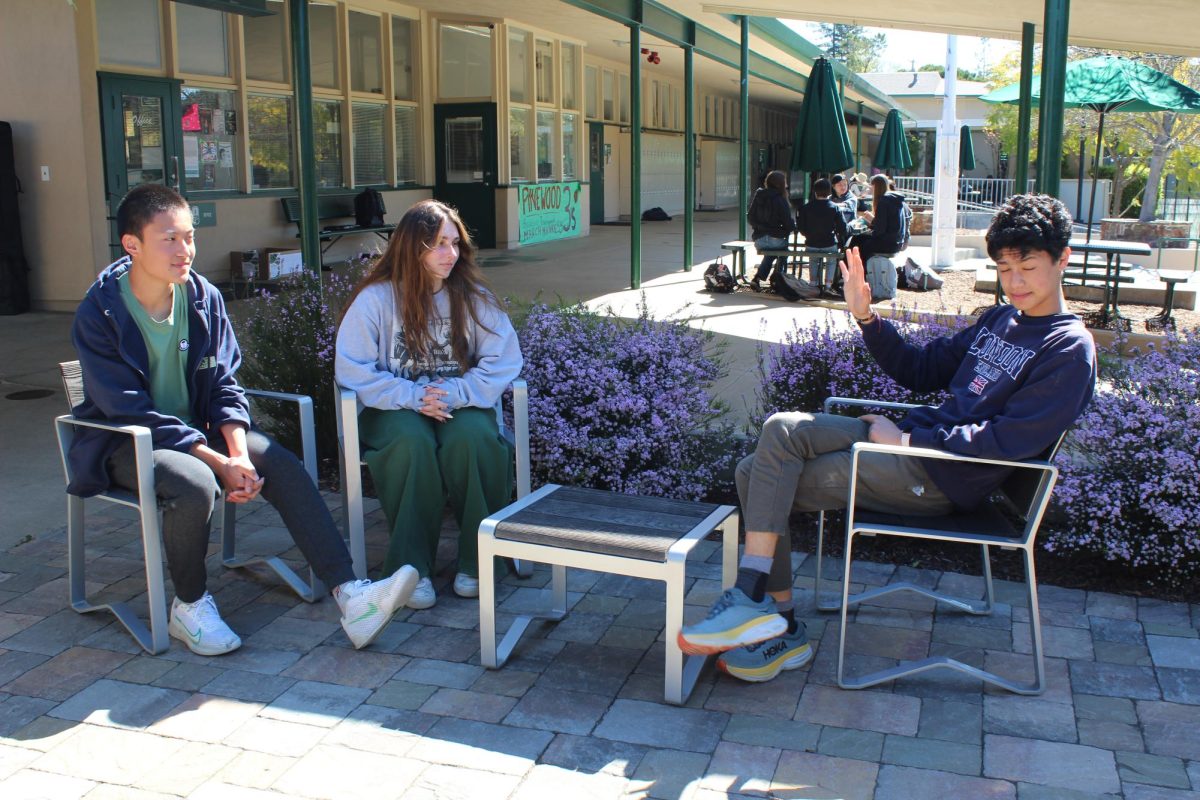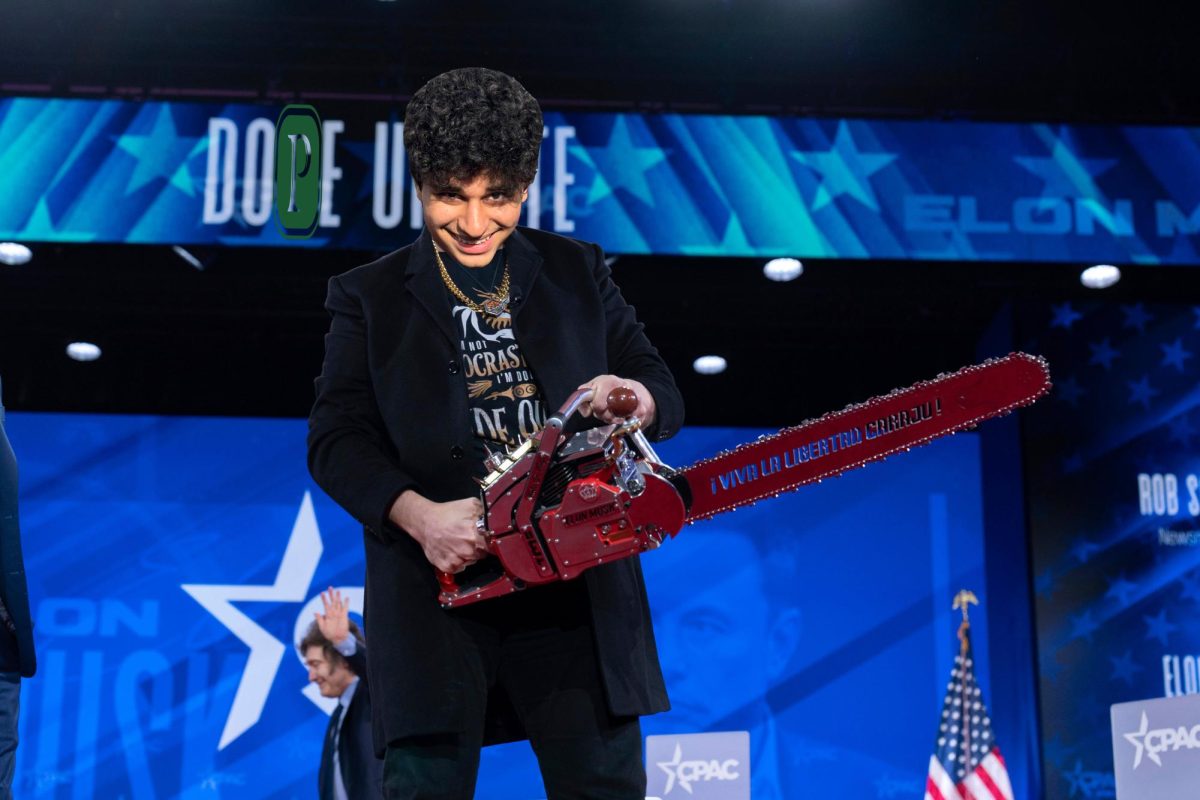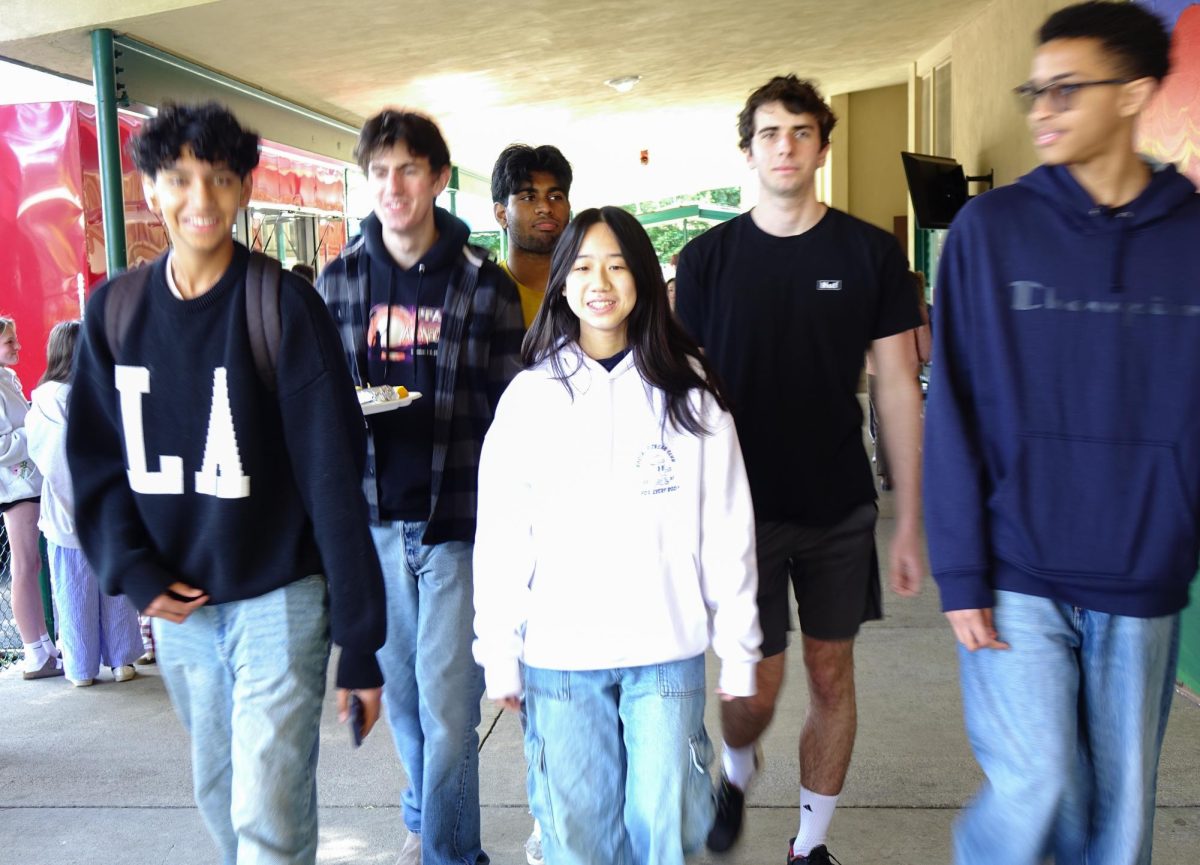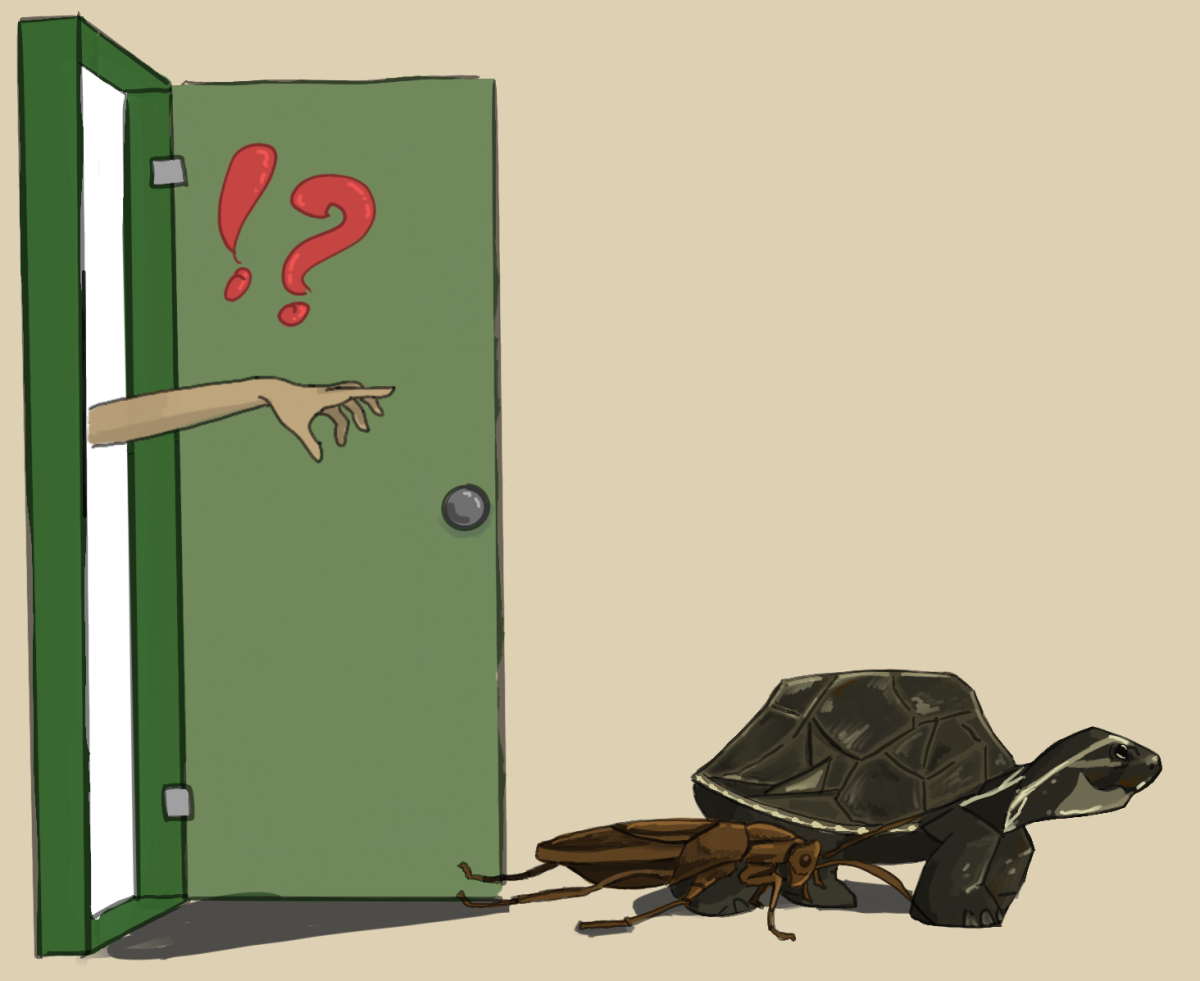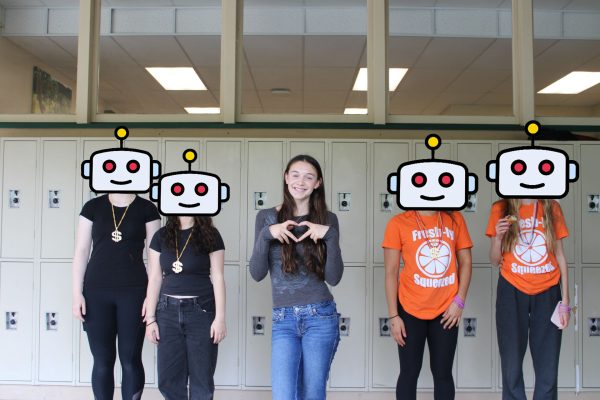
It was another rainy day in winter — the simulation would do that, wouldn’t it — and I was complaining to junior Jonathan Detkin. After following the typical trend of staring dumbfounded at the words coming out of my mouth and then promptly telling me to “be more positive,” the epiphany hit me like a flying saucer — I could have predicted this.
Detkin is simply too positive.
No one should be that perfectly optimistic all the time. It is simply unnatural. I deduced that such a person must not be capable of thought. In fact, they must be a robot.
Then I began to notice how my peers are simply not as enlightened as me. These plebs are superficial. Their goals consist of perfect grades, getting a boyfriend and seeming way smarter than everyone else. I, on the other hand, am completely above that.
I am not subjected to the basic whims and tomfoolery of the typical bot. I do not participate in conversations about which prom dress should be bought, which snack shack item should be consumed or what fun should be had on a random Friday night.
I preoccupy myself with more important musings like the meaning of life and solving for x.
To my fellow humans out there — if any at all — these robots we call people and these people we call friends are simply mockeries of true humanity. Next time you are in class, notice how certain students just feel flat. They are capable of human speech, not of real thought. They take up physical space in the room, but do not have an actual presence.
“What’s that,” junior Audrey Liao said when asked about her purpose in life. “I like swimming.”
Don’t be fooled by the philosophy nut who seems to have too many ideas about life and death. Don’t be fooled by the self-proclaimed World War II expert. They, too, are not real, but are part of a group of more advanced bots. This group takes on real human personality traits, likes and dislikes but fails to actually develop a sense of authenticity. They become caricatures of these traits, impossible to bond with or form a human relationship. These people are your so-called “fake friends.”
If you disagree, you are probably a bot. To you I say, wake up. You are not real. You are too spirited, too obsessed with economics, too hung up on artificial intelligence, too “funny” and too nothing.
I don’t know who is running the bots and who might be in charge, but I have my hunches. As I am fairly sure these bots are tools of the administration used to promote a culture of hive-mindedness, who better to be the first test subjects than the conglomerate that is Pinewood student leadership.
Personalities centered around being overly-spirited and enthusiastic, the leaders of Pinewood’s various clubs and student councils are perfect vessels through which free thought can be trampled. After all, no job is better than an inside job.
Through our own “elected” representation, the student body is manipulated from within. They’re all out to get you.
“They’re literally fake,” junior Rose Xu said. “I was skipping some random assembly the other day and some student council person told me, ‘You’ll have fun. Just participate.’ I told her, ‘I don’t do fun.’”

